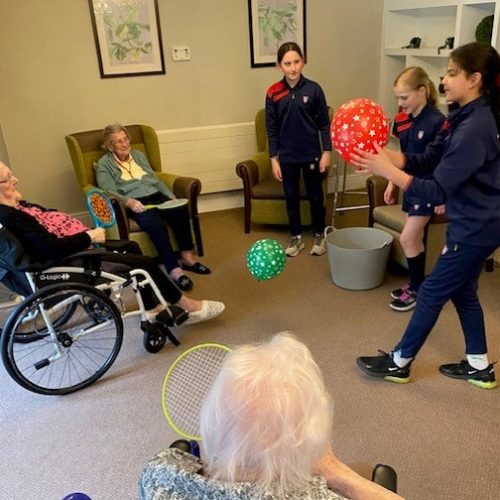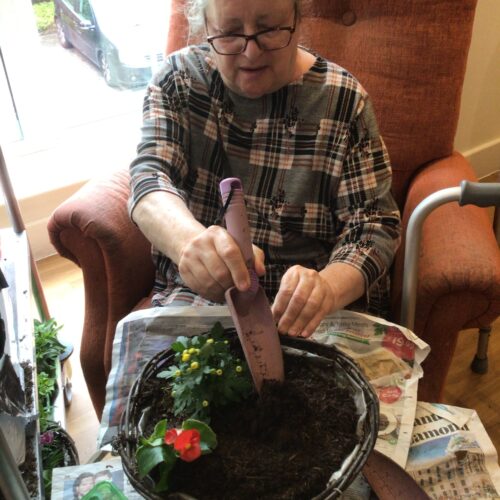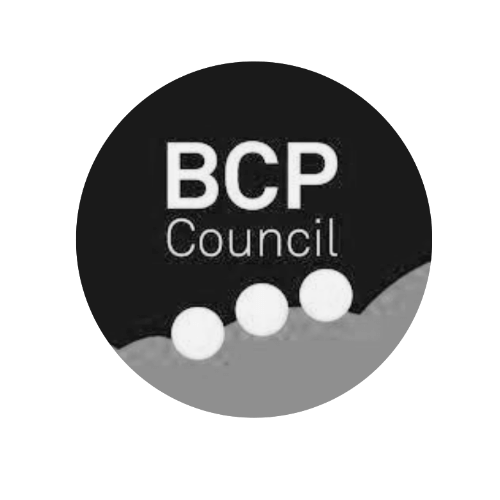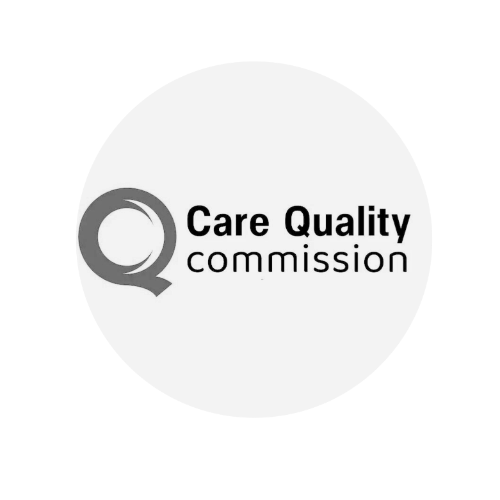What Is A Neurological Condition?

The term ‘neurological condition” is often used to describe a number of health conditions, but this can create more questions as people are left wondering “What is a neurological condition?”
At LuxuryCare, our staff are trained to spot signs of a neurological condition and assist the person as their condition progresses.
In this blog, we explain what a neurological condition is, sharing examples, causes and symptoms.
What Is A Neurological Condition?
Simply put, a neurological condition is an illness or disease that affects the brain, spinal cord and nerves.
These parts of our bodies control the way we think and move, so conditions defined as neurological will often impact cognitive function and motor skills.


What Is Classed As A Neurological Condition?
Neurological conditions can span from congenital conditions that a person is born with to conditions that progress as they get older.
Congenital conditions can include:
- Autism
- Epilepsy
- Learning disabilities
- Cerebral Palsy
Other conditions include:
- Strokes
- Dementia
- Alzheimer’s Disease
- Multiple Sclerosis
- Muscular Dystrophy
- Parkinson’s Disease
- Huntington’s disease
What Can Cause A Neurological Condition?
The truth is, the causes of neurological conditions are still fairly unknown. We don’t know why someone might develop dementia or have a stroke and why others don’t. This is an area in which a lot of research is currently being done.
What is known is that neurological conditions can be caused by several factors:
- Genes
- The environment
- Bacterial or viral infections
- Traumatic injuries or accidents


Can You Recover From A Neurological Condition?
Recovery from a neurological condition can depend on the disease, illness or health condition.
If a stroke is treated fast enough, and with some additional therapy, there is a chance of a full recovery. However, this can be very dependent on the speed of response, as the longer the stroke goes on, the more damage it will do to the brain.
Progressive neurological conditions such as dementia and multiple sclerosis don’t currently have cures, meaning that treatments undertaken by those living with the conditions won’t cure the disease. The treatment plan will simply aim to slow progression down and ensure they are comfortable.
Signs And Symptoms Of Neurological Conditions
The signs and symptoms of neurological conditions will vary depending on the condition.
Common symptoms often include:
- Memory loss
- Blurred vision
- Muscle weakness
- Muscle spasms
- Headaches
- Balance issues
- Coordination issues
- Confusion
If you have a loved one displaying any of these symptoms, a GP will likely refer them for more tests to determine if they have a neurological condition and which one.
The process of diagnosing a condition could take any length of time and will depend on the symptoms displayed and the tests run.
Common tests that will be run to diagnose a neurological disease will be:
- MRI, CT and PET scans to get imaging of the brain and central nervous system
- Electrodiagnostic tests such as EEGs and EMGs
- Lab tests such as blood tests and/or cerebrospinal fluid analysis.
Throughout the process, you are also likely to see a neurologist and other specialists.
Neurological Condition Care At LuxuryCare
All our homes in Poole and Bournemouth offer dementia care, assisting with medication management and personal hygiene assistance.
Additionally, Branksome Park is a specialist neurological care facility that provides nursing care to people with complex neurological needs.
Typical conditions we care for include:
- Spinal injury
- Brain injury or tumour
- Multiple sclerosis
- Muscular dystrophy
- Motor neurone disease
- Cerebral palsy
- Dementia
Our team receive regular training which covers a wide range of conditions, meaning our care capabilities are not limited to the above.
Care at our homes goes beyond medical, as we take a holistic approach to each resident’s well-being. Working to create a quality of life for them, we have an engaging and dynamic activities programme that is amended to reflect abilities, plus home-cooked meals created with dietary requirements and preferences in mind and luxury, spacious communal areas and rooms.
Each resident receives a bespoke care plan, put together by our care experts after completing an in-depth assessment before moving in. Our care plans are flexible, meaning they are regularly updated and reviewed to reflect the needs of each individual.
If you are looking for respite care, day care, palliative care or permanent care for your loved one with a neurological condition, visit Branksome Park to see for yourself how we have created a vibrant home away from home full of laughter and smiles.
Book a viewing today by calling us on 01202 013319 or completing our online contact form.














